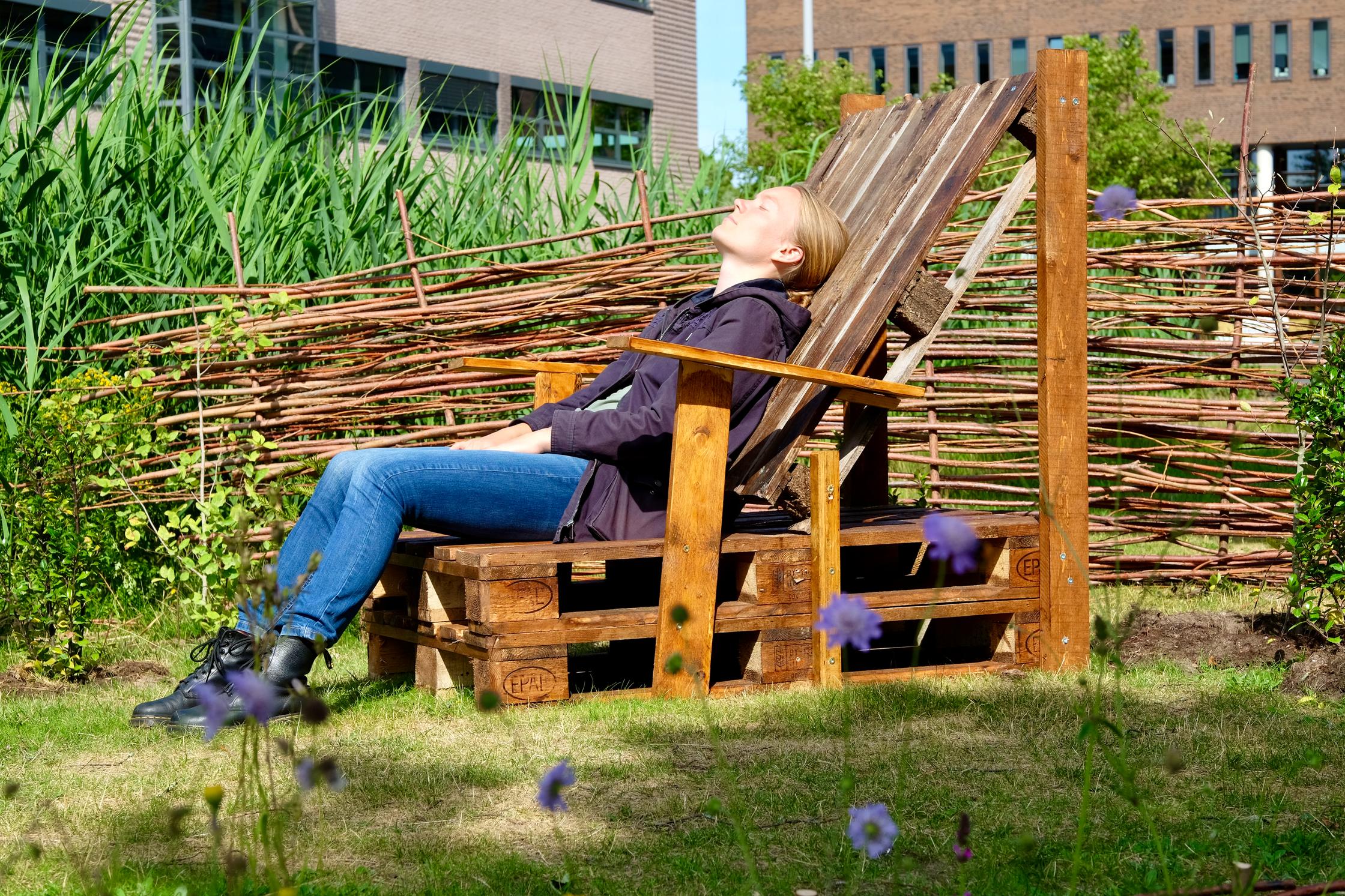How can temporary places in urban renewal areas contribute to inclusive, sustainable and equitable cities? In the project T-factor Waag Futurelab conducted four years of research into temporary placemaking. With the insights from that research, this publication was made. As a citymaker, you can use it to set up temporary urban initiatives.
Download Temporary Placemaking
The guide Temporary Placemaking shows how to develop thematically focused interventions in a neighbourhood by working together with local communities and stakeholders. The publication provides citymakers with a practical toolkit to develop thematic interventions in their own local context and work together towards inclusive urban regeneration.
The guide focuses on six thematic lenses:
- Greening, biodiversity & urban wilderness
- Circularity & regenerative practices
- Cross-sectoral collaborations for new knowledge & skills
- Local identity & heritage
- Safety, conviviality & liveability
- Inclusive engagement and right to a safe, accessible city
An example in the field of heritage is the methodology used by the University of Łódź to develop an intervention in Kaunas (Lithuania). In this intervention, residents collectively reconstructed local history. Together, they recorded stories and protected heritage. First trust was created between the university and the neighbourhood. As a result, the university got to know the residents, places and activities better. Then residents held interviews with each other to retrieve history, stories and memories of the neighbourhood. This was done intergenerationally; young people interviewed older people. These conversations came back to the neighbourhood as visualisations on monuments and wall drawings. You can find the different steps and insights from this intervention, among others, in the guide.
Download Temporary Placemaking
Discover urban ecology
How can temporary places in urban renewal areas contribute to inclusive, sustainable and equitable cities? After four years of research on temporary placemaking, the insights are bundled in two publications for city makers to set up their own temporary urban initiatives.
The guide Temporary Placemaking offers methods to set up thematic interventions. The publication Discover Urban Ecology offers inspiration to what temporary interventions the methods in Temporary Placemaking can lead to. Discover Urban Ecology focuses on the theme ‘Greening, biodiversity & urban wilderness’.


